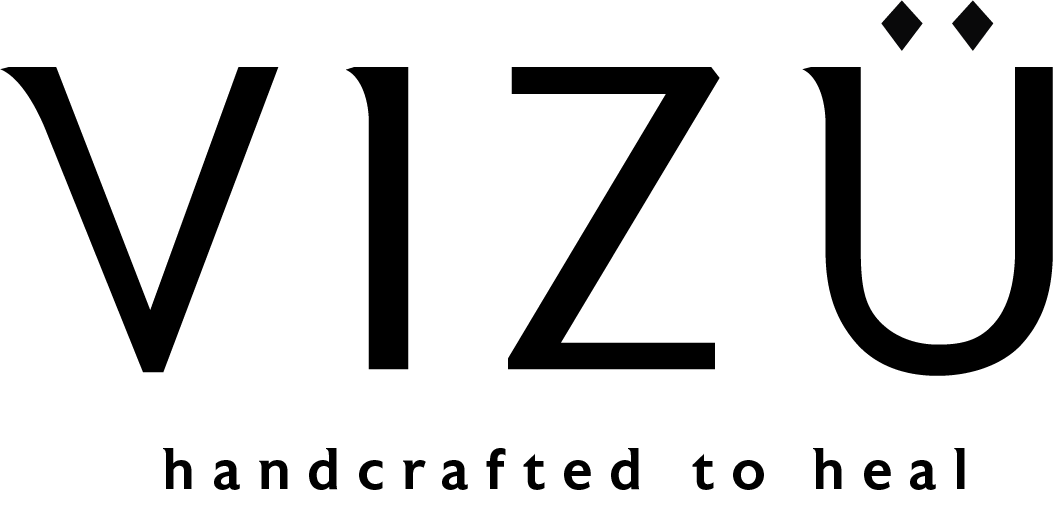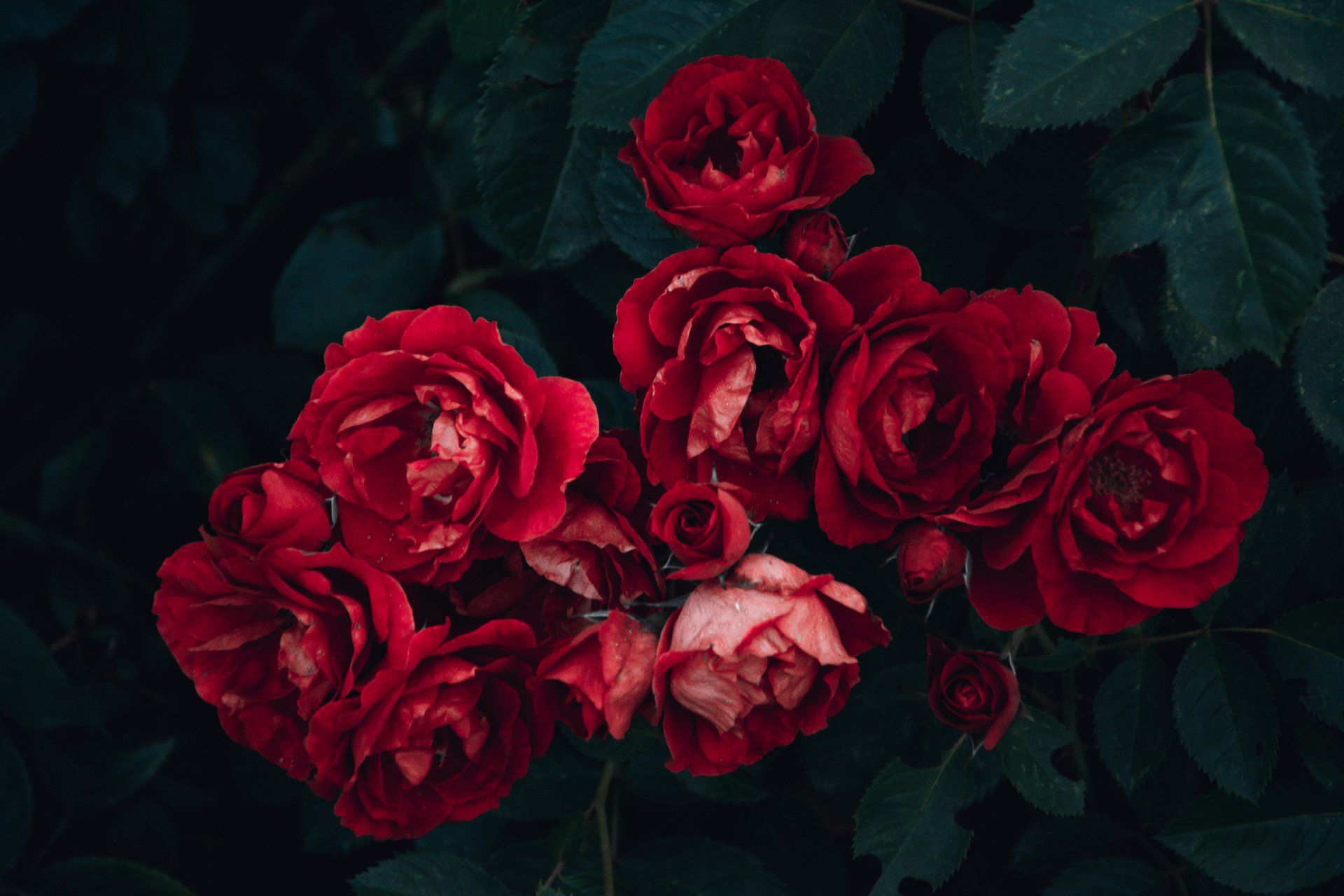The word rosa
derived from the Greek word rodon,
meaning "red". The roses used by the Greeks was
a deep, crimson colour - the colour of blood, passion and love. The Greek poet, Sappho, called it the Queen of Flowers.
The Romans greatly favoured this flower and introduced the use of roses to all the people and lands that they conquered. There is an old Roman custom of suspending a rose over the dinner table as a symbol that the conversation will be kept within the confines of the room. This is said to come from the myth that Cupid gifted a rose to the God of Silence as a bribe so that he would not reveal the “amorous” habits of Cupid’s mother, Venus.
The Persians, Greeks, and Romans bathed their bodies in rose oils and used it as their perfume
lavishly during religious ceremonies, burials, and sacrifices. The Persians were thought to have originated the distillation of rose oil even before the Christian era. Wines, desserts and drinks were fragranced with roses by the Persians, Turks, Romans, and British.
The great greek physician and father of Herbalism, Hippocrates, recommended rose flowers mixed with oil for uterine problems. Arabic doctors were the first to use rose as a remedy in the form of a jam, while Arabian women used rose as an ingredient in their eye cosmetics. Ayurvedic practitioners used rose petals for skin wounds, inflammations, and as a laxative.
The inspiring love story of Shah Jahan who is credited with building the Taj Mahal and Shalimar Gardens for his wife (now that’s love!).
A canal was dug to surround the Gardens, and the groundskeepers filled the water with rose petals. In the heat of the sun, the essential oil of rose separated from the water. Shah and his bride noticed the incredible aroma while rowing along the canal, and the oil was skimmed from the water’s surface and of course, made into an enchanting perfume. And this is the beautiful legend of how the distillation of rose began in India.

